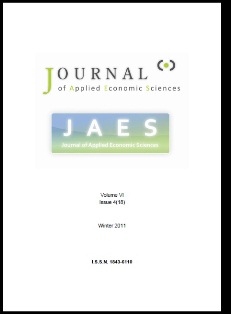OPTIMIZATION OF FISCAL COSTS – THE SUBTLE LINE BETWEEN LEGAL AND ILLEGAL
OPTIMIZATION OF FISCAL COSTS – THE SUBTLE LINE BETWEEN LEGAL AND ILLEGAL
Author(s): Mihaela PopaSubject(s): Economy
Published by: Reprograph
Keywords: fiscal optimization; fiscal risk; tax evasion; fiscal management; fiscal cost; fiscal efficiency
Summary/Abstract: In the current economic context where companies are facing a critical lack of liquidities, finding financial resources is one of the great challenges of a company’s management. The legal reduction of payments in the form of taxes and fees is an effective tool to raise additional liquidities which can be capitalized or distributed as dividends to shareholders. Using the facilities provided by fiscal legislation in favour of a company is very natural, and seeking and implementing legal solutions to decrease outstanding taxes and fees are a legitimate concern which should be admitted as such by any fiscal authority. Fiscal optimization techniques and methods mean making the right decisions and applying them with the purpose to decrease fiscal costs. Decisions envisage numerous aspects of which the most important are: restating certain actual operations in order to change their fiscal ranking, making up provisions, changing the due dates, diminishing the taxable base, reorganizing various activities. Yet, the fiscal options of economic agents have limits, too. Fiscal optimization methods are more often than not found at the fragile borderline between legal and illegal. The more effective fiscal cost optimization is the closer to lawfulness it gets.
Journal: Journal of Applied Economic Sciences (JAES)
- Issue Year: VI/2011
- Issue No: 18
- Page Range: 318-325
- Page Count: 8
- Language: English

